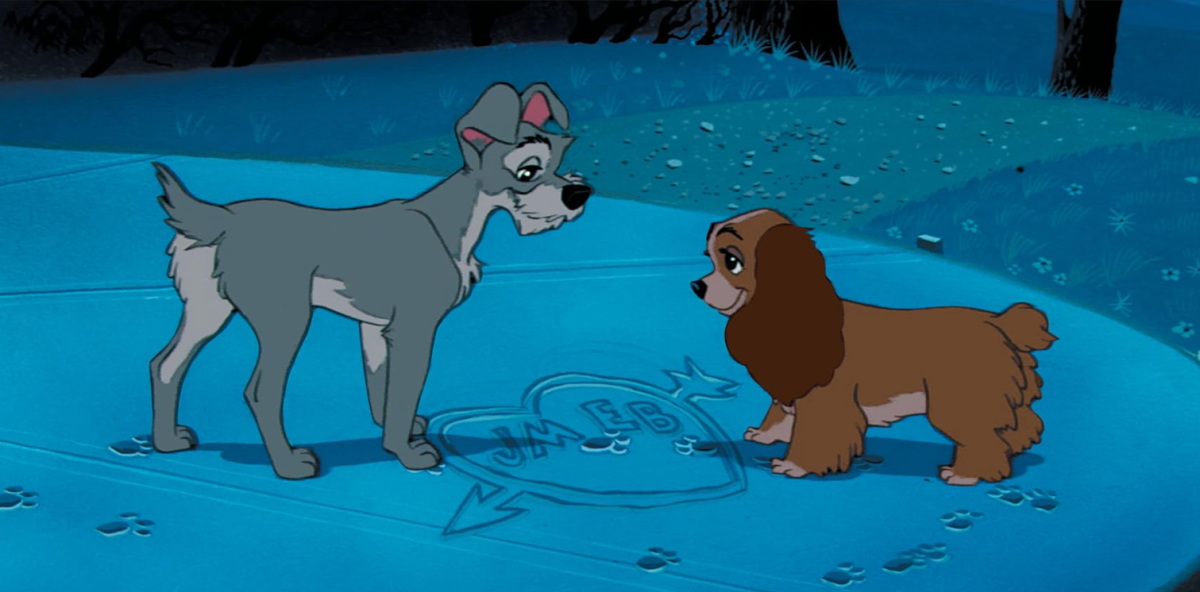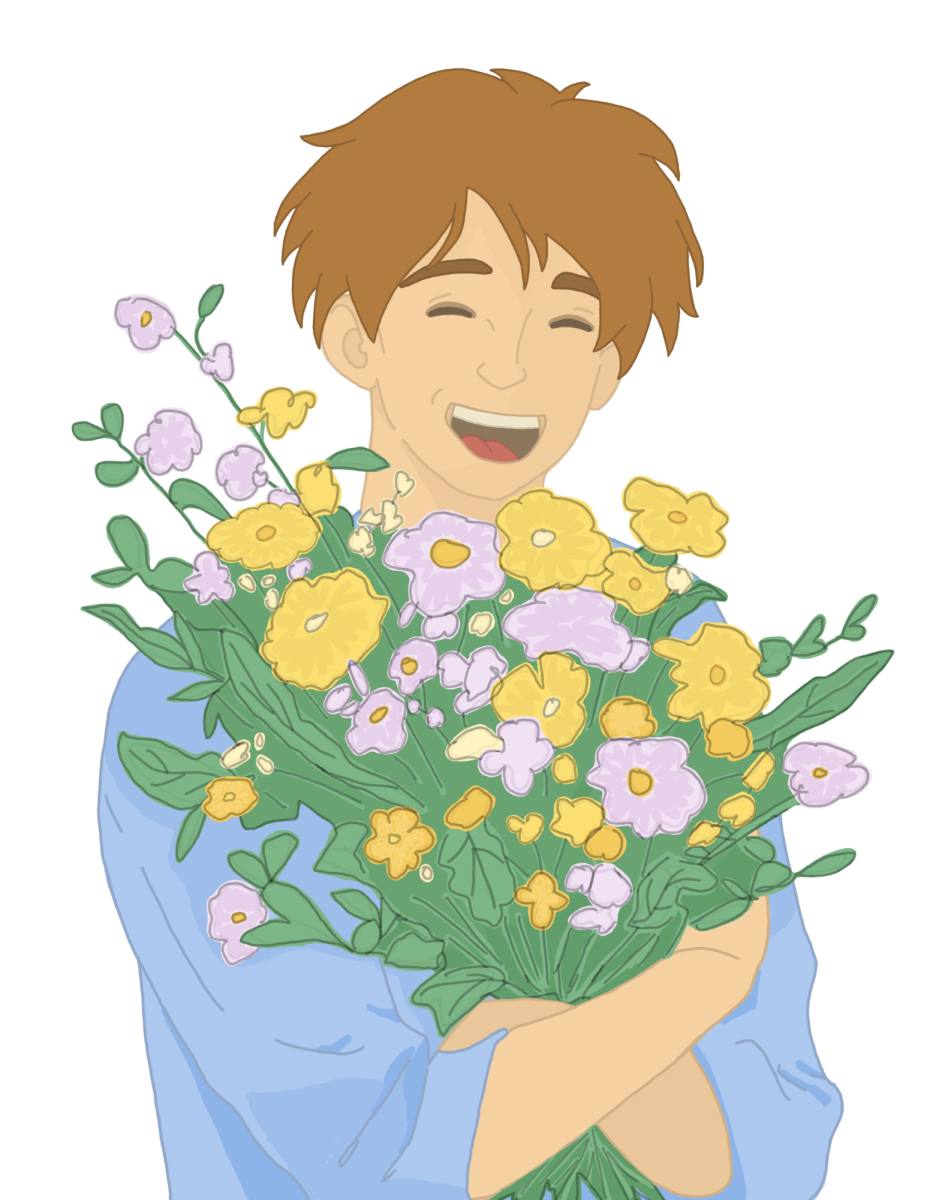Rating: 7/10
Gracie Abrams has slowly but surely solidified her music as a staple of depressing playlists everywhere. From her wispy dream-pop vocals to her gently exaggerated vibrato, the 23-year-old “nepo baby” may not be following her father in crafting Skywalker sequels, but she is definitely making her own mark on pop culture.
Abrams’ debut studio album “Good Riddance” (2023) was released Friday, Feb. 24. Following her two EPs, “Minor” (2020) and “This Is What It Feels Like” (2021), “Good Riddance” displays the same confessional songwriting Abrams is celebrated for, taking listeners through a comprehensive journey of guilt, shame and gut-wrenching heartbreak. It also strongly reflects the fact that this bright young songwriter has her sound down to an exact science, with parts of the album feeling almost formulaic in nature.
Now, while having a distinct sound and songwriting blueprint is by no means a sentence to pop-star prison, a problem arises when it becomes difficult to distinguish one track from the next. “Good Riddance” unfortunately falls prey to this pattern, producing 12 beautiful tracks that are — ultimately — very similar.
In its strong moments, “Good Riddance” reflects the introspection of a seasoned songwriter that knows exactly how to channel pain into art. “Best,” the album’s first track, was an immediate standout in terms of raw, confessional writing, with Abrams laying herself bare about a past relationship in which she treated her partner poorly. Containing lyrics like “You were there all the time / you’re the worst of my crimes / you fell hard, I thought ‘good riddance’” and “I destroyed every silver lining you had in your head / all of your feelings, I played with them.” “Best” is harshly self-deprecating, showing maturity and extreme self-awareness in regards to the artist’s past errors.
Other notable tracks include “Amelie,” “Difficult” and “Full Machine,” with “Difficult” and “Full Machine” producing impressively catchy hooks, and “Amelie” acting as a haunting ballad of curiosity and abandonment.
In terms of tracks that begin to feel a bit too familiar, “Right Now,” “I Should Hate You” and “The Blue” lead the charge. This is not to say any of these songs are bad; in fact they are far from it. Where these tracks and several others falter is not necessarily in their lyricism, but rather in the sense that they do not particularly stand out. They are good, somber sad songs, and perhaps if I was going through a devastating breakup at the moment I’d feel different about their position on the album. Currently however, these songs more closely resemble something I’d play in the background while doing studying or homework, rather than something I’d sit with and contemplate.
Ultimately, “Good Riddance” is a strong debut studio album that could benefit from a bit more diversity and contrast. While the album’s slightly redundant nature does not subtract from the overall beauty of its strong points, it does however make them a bit less distinguishable, blurring the tracks together in a gray haze of elegant vocals and muted instrumentation.










